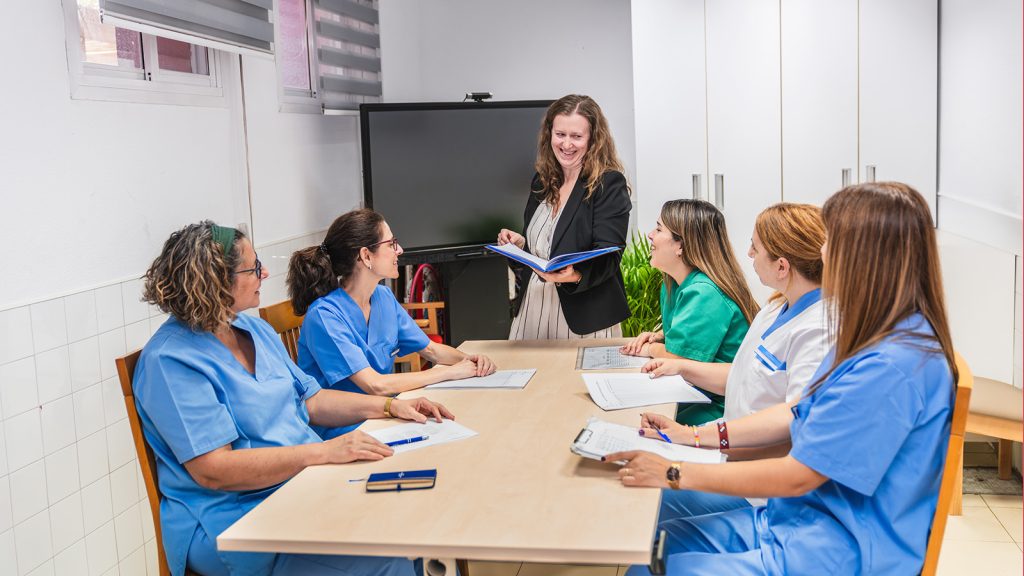The House of Memories
We use our blogs to inform, create debate or challenge ideas. Sometimes we use a blog to share something truly wonderful. The National Museums Liverpool has recently developed an interactive bus experience as part of their House of Memories. The purpose of this is to engage people with dementia especially in more remote areas. They’ve converted a standard bus to create experiences that help those with dementia to reminisce. The use of the bus allows them to create a literal memory lane.
Not Just a Bus
In the past If you couldn’t get to the National Museums Liverpool on your own, then you’d have to rely on friends, or public transport. Unfortunately, many people in remote areas spend more time on the journey than the experience. To deal with this issue, the museum has designed a bus to create memorable experiences. The concept is designed to recreate the sights and sounds of the past. Uniquely it can also create the smells of the past.
It recreates activities as diverse as a visit to a 1950’s grocery store and a visit to the seaside.
Some of the people who have used the experience shared their thoughts with the BBC.
Mr Hilliard, who worked in construction, said he
“really enjoyed” the experience and it “brought back lots of fond memories”.
“I used to use the Liverpool Overhead Railway during the war when it first opened,” he said.
BBC News
First Ever
This experience is the first ever mobile museum designed specifically for people with dementia.
“The first-ever immersive mobile museum experience in the UK, it has been designed to create memorable experiences for vulnerable and socially isolated people and people living with dementia. The vehicle meets people in their neighbourhoods – at settings such as care homes, community centres or even local shopping car parks.”
National Museums Liverpool
Why is it important?
Reminiscing is an important way for people with dementia to feel valued. All too frequently people with dementia have things done for them, this is a way they can truly participate in their life. The Social Care Institute for Excellence discusses on their website how It can also create a positive emotional experience for the person. It is important to remember that all people are individual, and reminiscing doesn’t always work or can bring back negative feelings. On our courses, we spend time discussing how individuals respond and react to these kinds of stimuli.
Timian and Dementia
Our training covers the impact of dementia on behaviour and how to support people in a positive way. If you’d like to learn more, then contact us here






